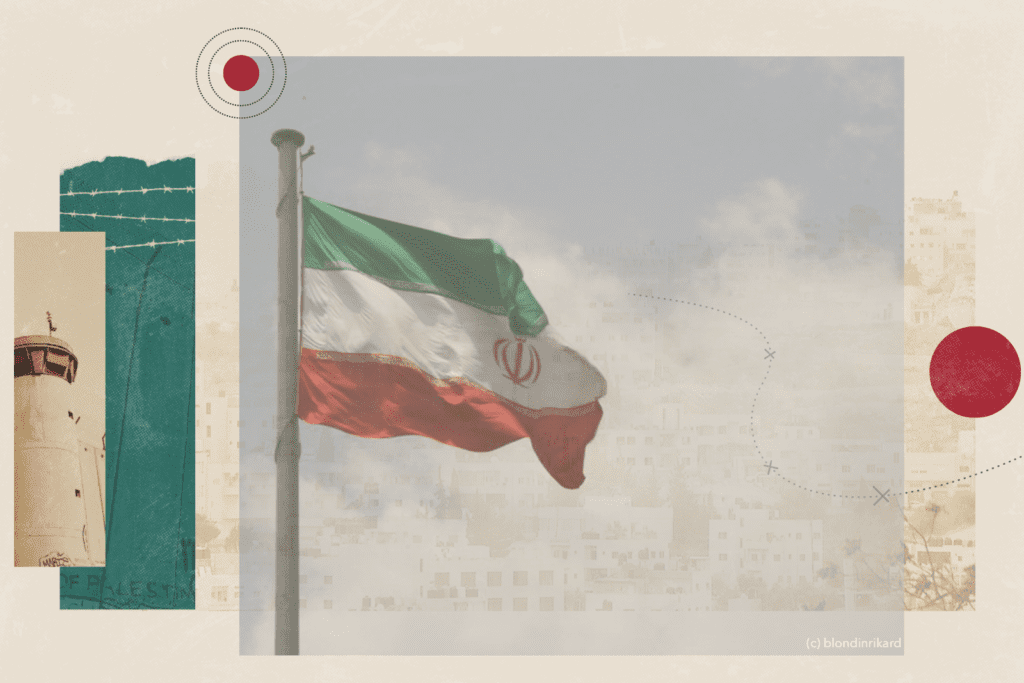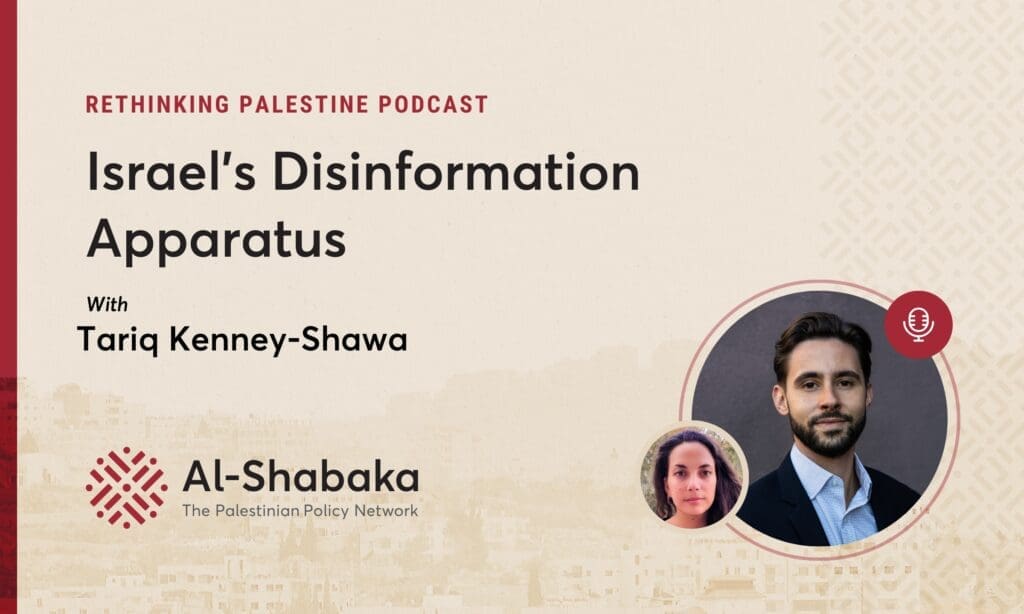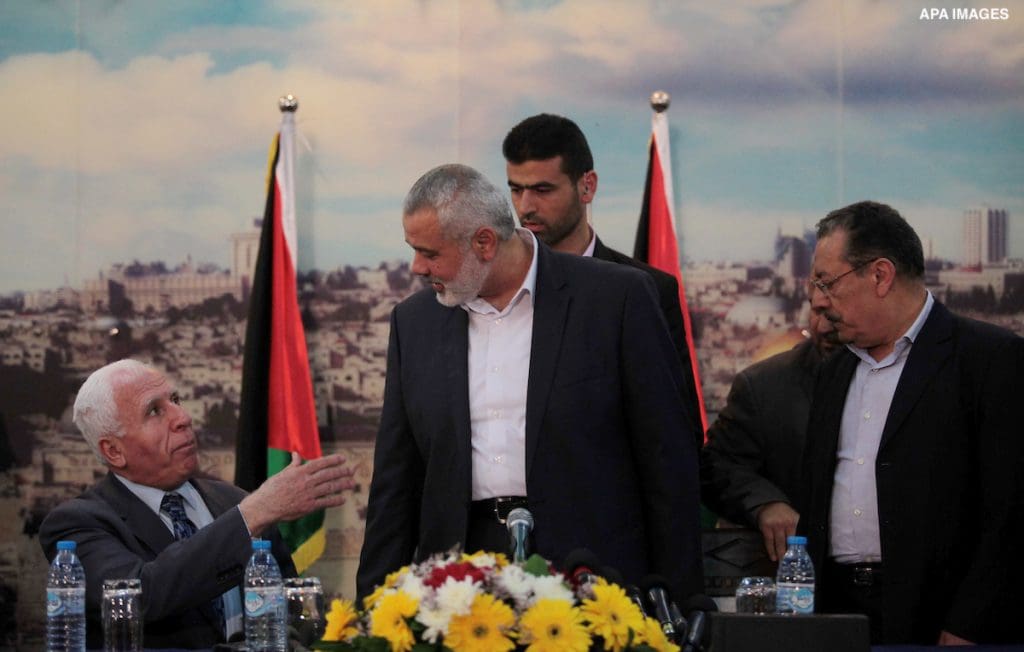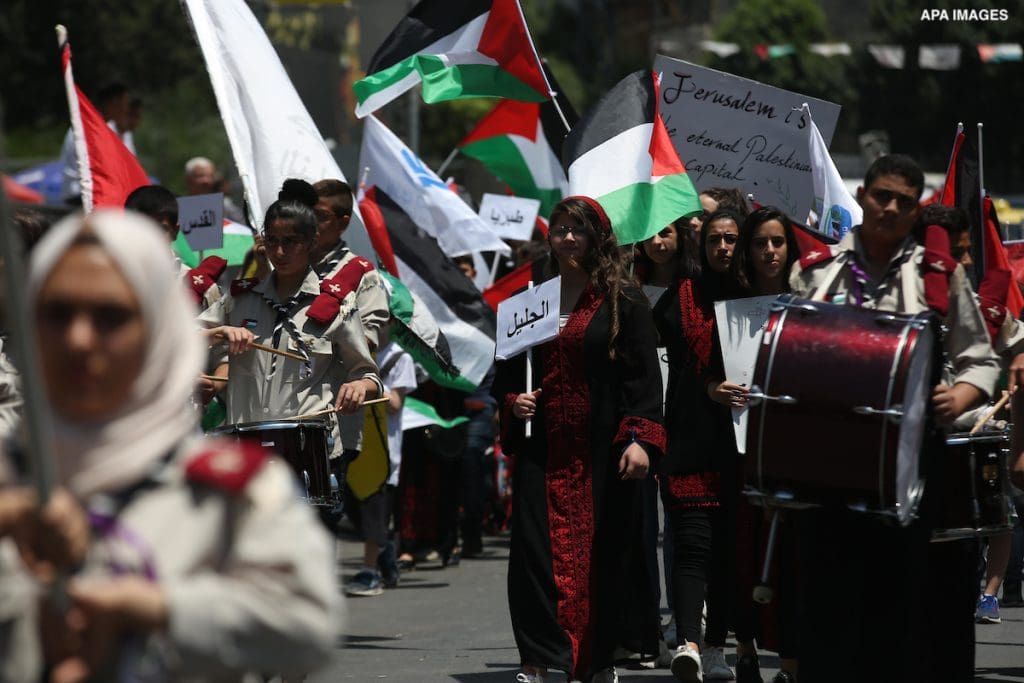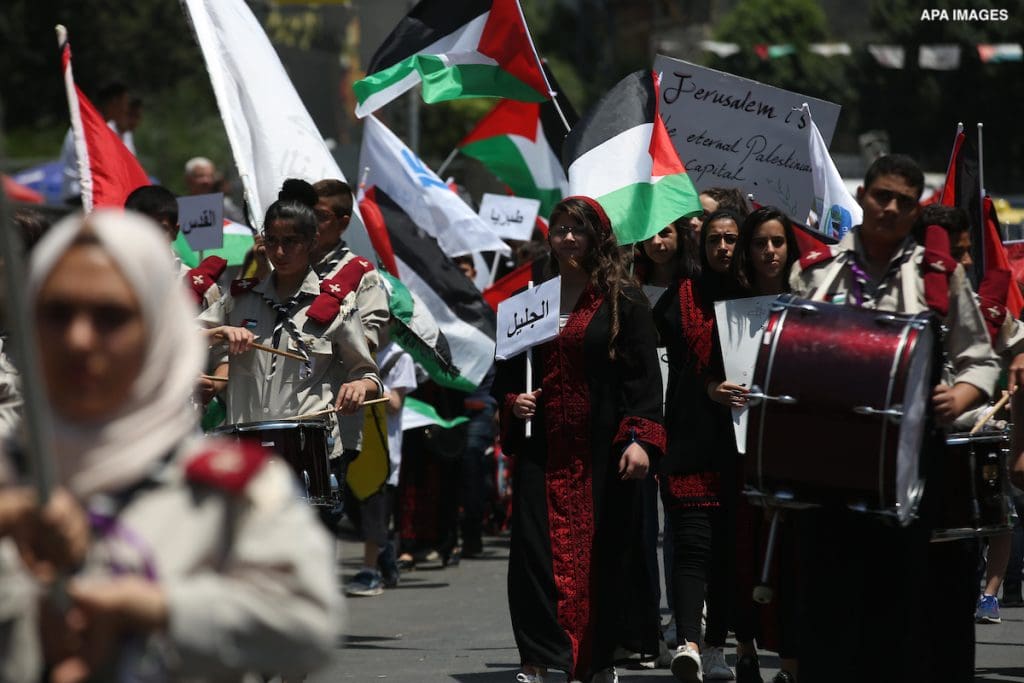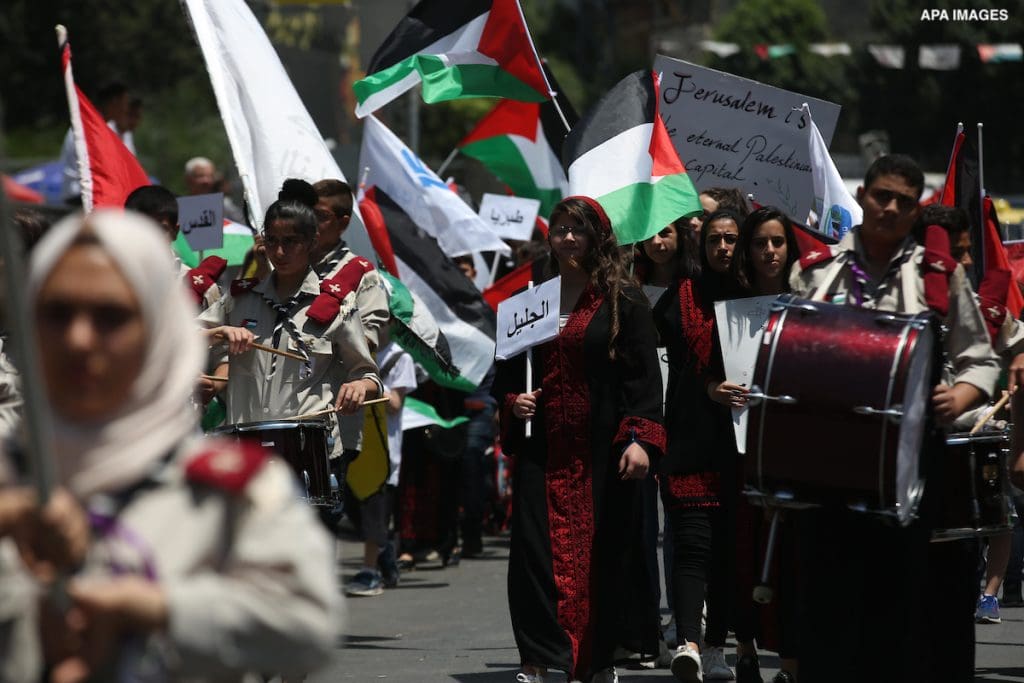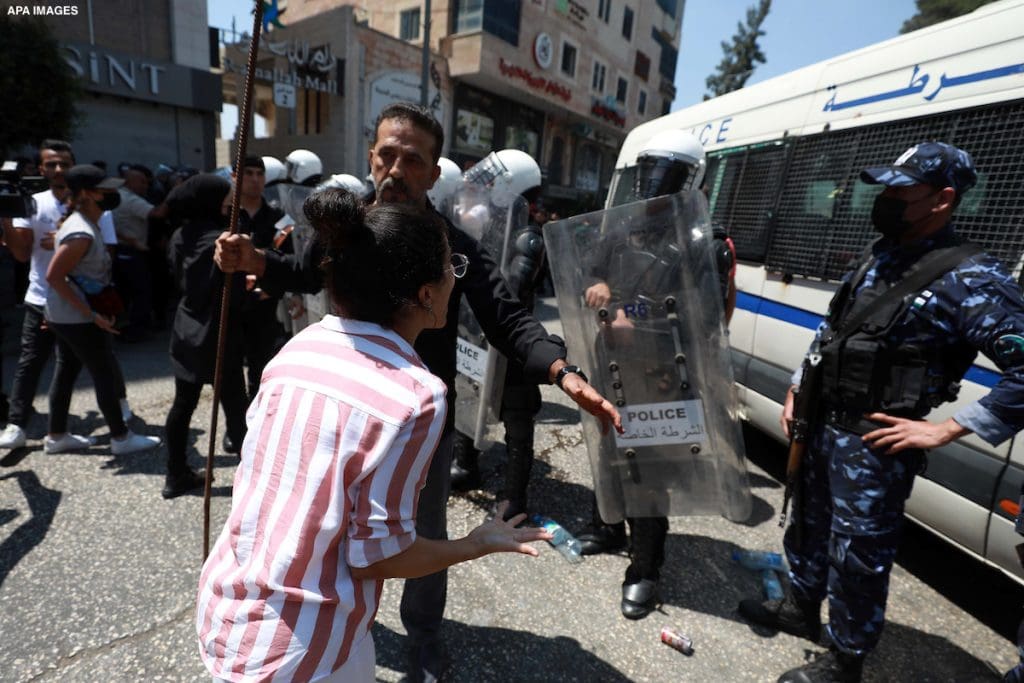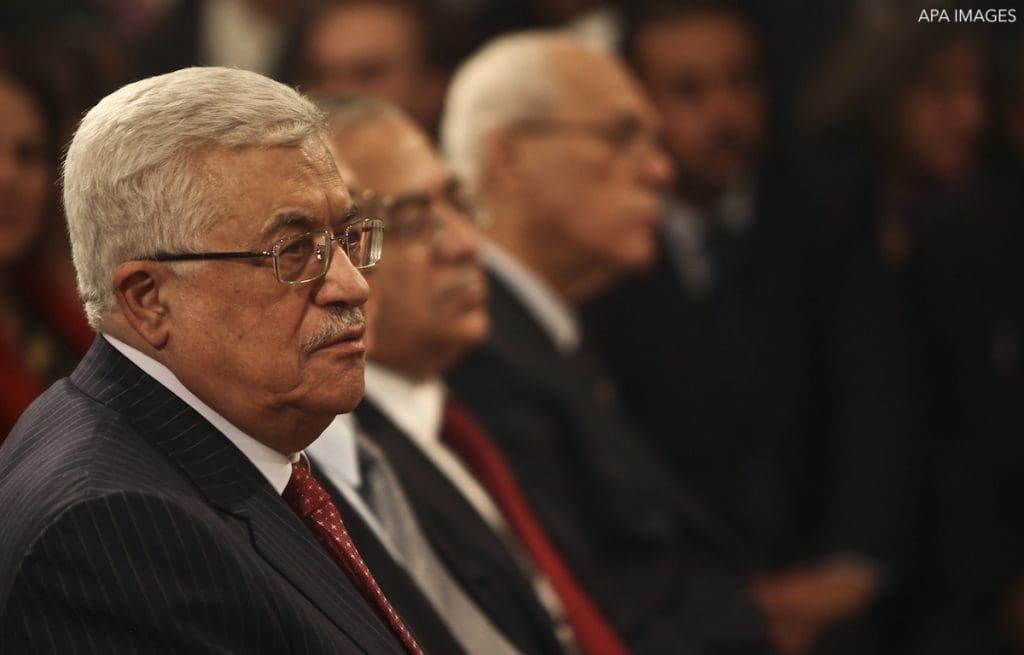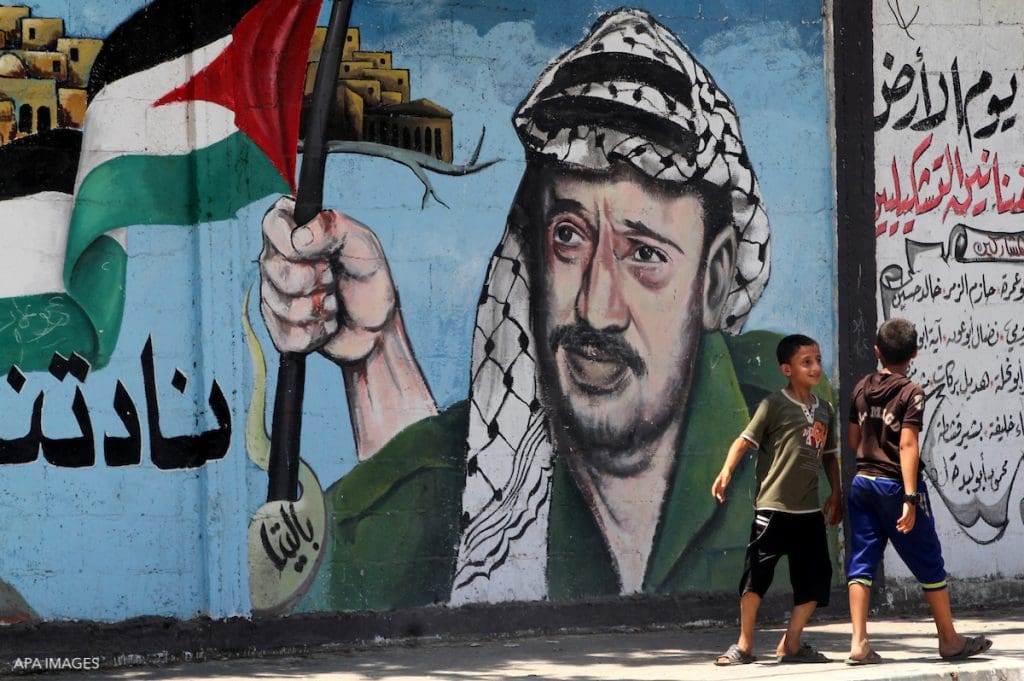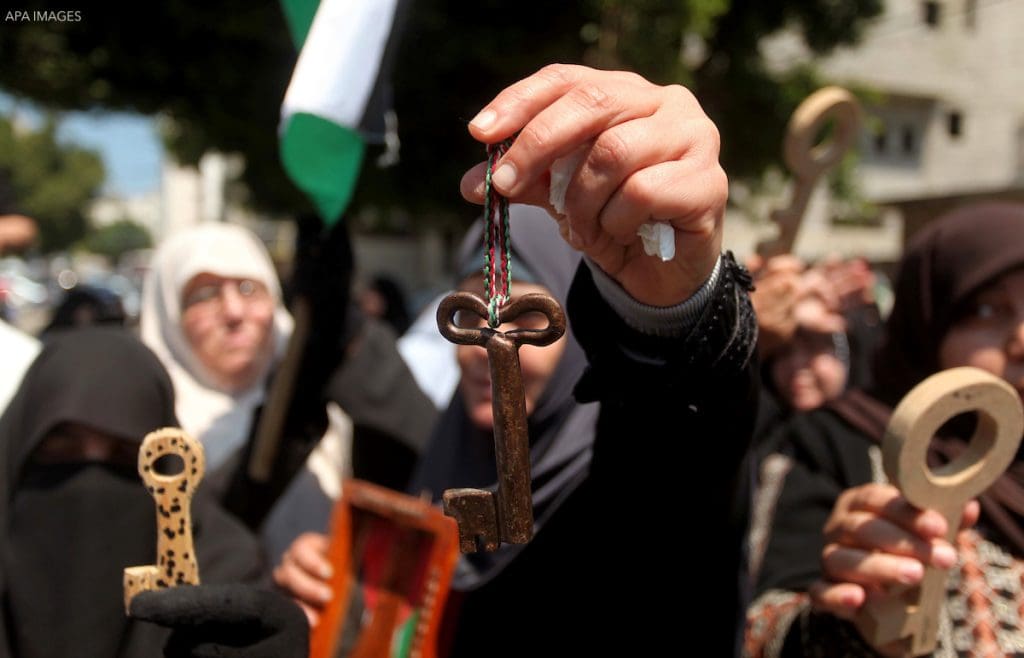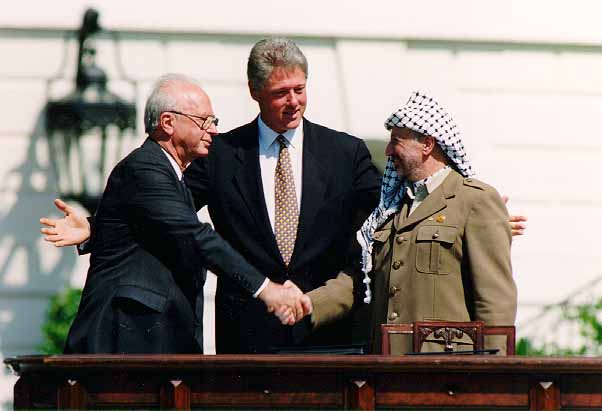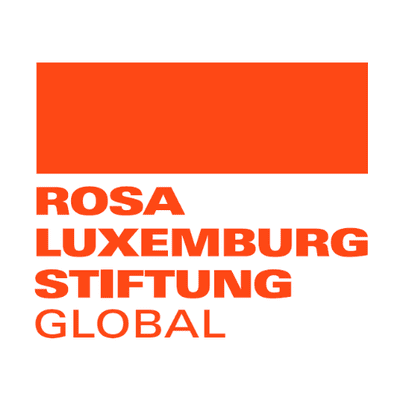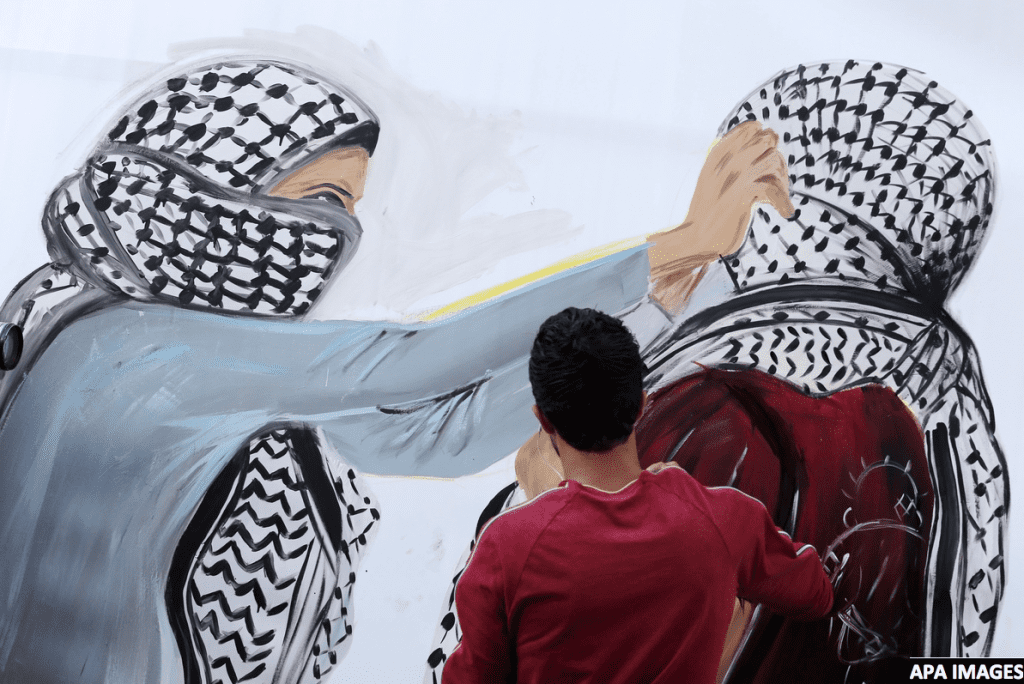Jamil Hilal is an independent Palestinian sociologist and writer, and has published many books and numerous articles on Palestinian society, the Arab-Israeli Conflict, and Middle East issues. Hilal has held, and holds, associate senior research fellowship at a number of Palestinian research institutions. His recent publications include works on poverty, Palestinian political parties, and the political system after Oslo. He edited Where Now for Palestine: The Demise of the Two-State Solution (Z Books, 2007), and with Ilan Pappe edited Across the Wall (I.B. Tauris, 2010).
From this author
As the Israeli regime continues its genocidal campaign against Palestinians in Gaza, many have begun to weigh in on the future of Hamas and of Palestinian leadership more broadly once the bombardment ends. One of the dominant proposals circulating amongst analysts, Palestinian and otherwise, is the revival of the Palestine Liberation Organization (PLO), with Hamas as a member party.
The PLO could play an active role in combating the distortive and fragmentary rhetoric surrounding Palestinian history, geography, national identity, heritage, and struggle for liberation, and promote unifying counternarratives.

Jamil Hilal· Nov 21, 2022
Any new uprising must reflect the range of Palestinian experiences and needs in the formulation of resistance strategies, so long as they uphold the values of freedom, equality, social justice, and human rights. It would also need to be open to interacting with the national, regional, and international spheres.
Further analysis on this intersection is not available at this time.

Jamil Hilal· Nov 21, 2022
Should the PA collapse before the PLO has been revived and before the PA’s functions and institutions have been reconfigured, it would be wise to focus first on addressing the disintegration of society on geographical, tribal, or familial bases.

Jamil Hilal· Nov 21, 2022
Should the status quo persist for the foreseeable future, the existing structures of inequality, especially in terms of gender and class disparities, will likely continue and deepen. In addition, the middle class will likely remain apprehensive about the PA’s collapse or dismantlement.

Jamil Hilal· Nov 21, 2022
Punctuated by the outbreak of the Unity Intifada in May 2021, the trajectory of Palestinian resistance is experiencing a watershed phase marked by new actors and themes. With the effective neutralization of the Palestinian Liberation Organization (PLO) since the 1993 Oslo Accords, the deepening geopolitical fragmentation of Palestinians across colonized Palestine and the world, and the global shift to cyberspace, new opportunities — and threats — to Palestinian resistance have emerged.




+
Sam Bahour,Rana Barakat,Mary Nazzal-Batayneh, + MoreOroub el-Abed,Nadia Hijab,Victor Kashkoush,Anis Kassim,Osamah Khalil,Mouin Rabbani,Jamil Hilal,Loubna Qutami,Haidar Eid,Yara Hawari,Nadim Nashif,Raya Naamneh,Omar Barghouti,Marwa Fatafta,Tariq Dana,Hatem Bazian,Noura Erakat,Alaa Tartir,Issam Younis,Nada Awad,Nur Arafeh,Diana Buttu,Ingrid Jaradat Gassner· Aug 26, 2021
The Palestinian national movement is in an acute state of crisis, and the Palestinian political system and institutions are incapable of bringing the Palestinian people closer to realize their rights. The existing style of governance and models of leadership prove on a daily basis to be unfit for present and future Palestinian generations seeking equality, justice, and freedom above all.
The leadership of the Palestinian Authority (PA) is at a standstill, as is that of the Palestine Liberation Organization (PLO). They have no clear path to counteract Israel’s annexation of key areas in the 1967 Occupied Palestinian Territory (OPT), which will exponentially increase the fragmentation of Palestinian land, freedom of movement, and livelihoods.

Jamil Hilal· Jun 23, 2020
With so much to tackle in the struggle for Palestinian rights, some question why time and energy should be invested in developing the Palestinian narrative and discourse. Al-Shabaka analyst Amjad Iraqi argues that a unified narrative and discourse is essential to the struggle’s success and outlines its key elements and strategic potential.




+
A quarter of a century since the signing of the Oslo Accords, an independent and sovereign Palestinian state has become little more than a myth as Israel continues to expand its settler colonial project and military occupation. Oslo’s structure and framework are to blame for this reality, as the Accords were not a peace agreement but a security arrangement between colonizer and colonized.




